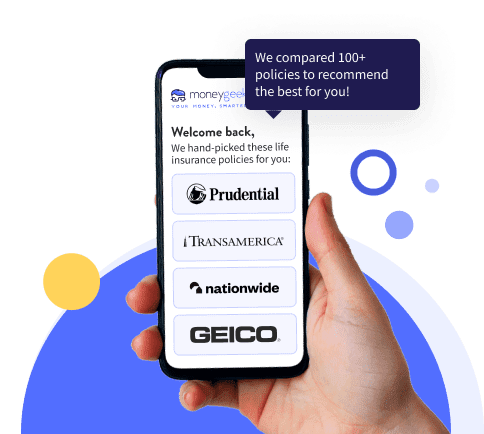An unexpected accident or mishap can quickly derail anyone's path to financial stability. Just one wrong move and you could find yourself paying a big settlement to cover someone else's injuries or losses.
That's where good liability insurance can help. Liability insurance protects you or your company against claims from accidents, damage, and harm to people and property. With the right plan, victims will get their rightful compensation while leaving your assets intact.




















